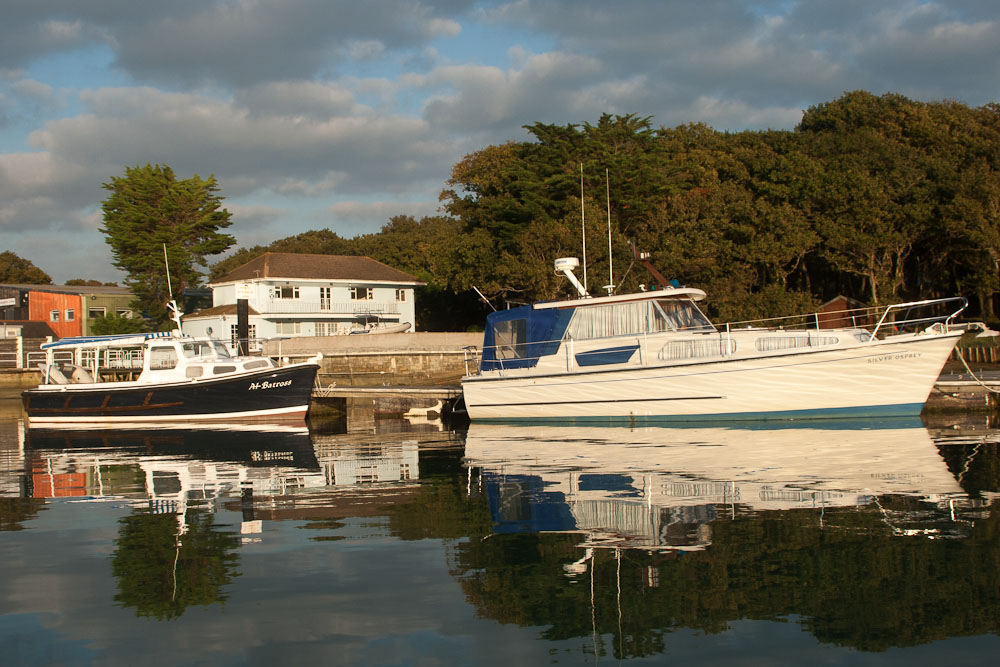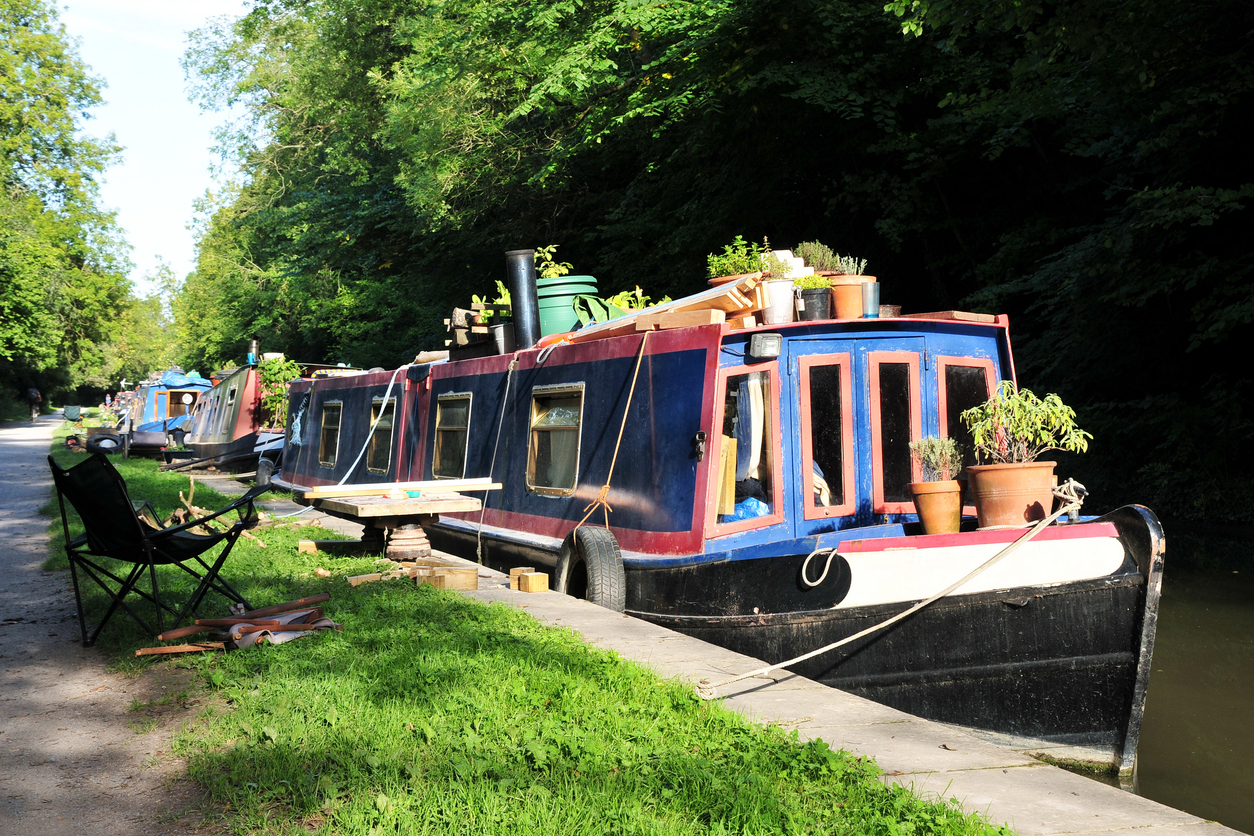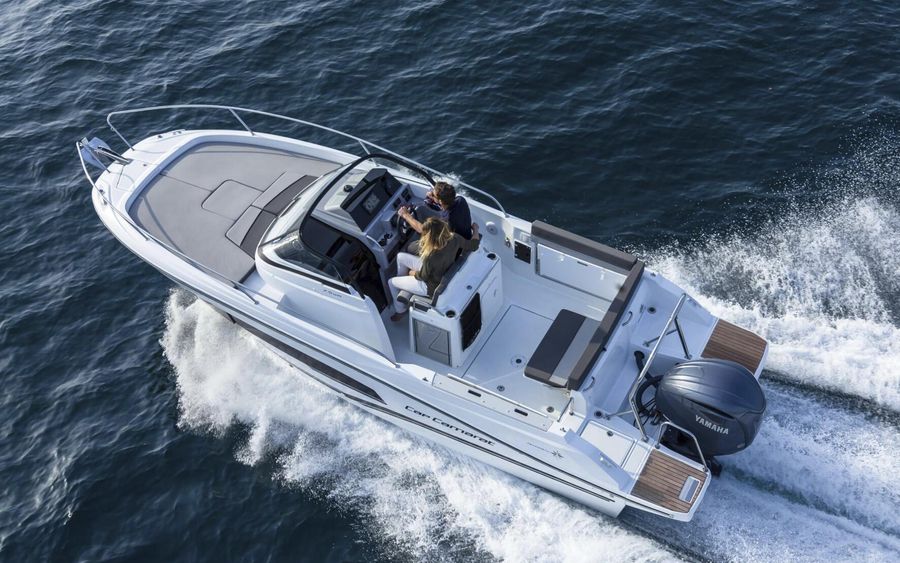How Much Does it Cost to Own a Boat? Not everyone asks themselves this question before buying a boat, and yet, it’s fundamental for budgeting your purchase and avoiding unwelcome surprises later on.
- The costs of owning a boat depend on many things like the type of boat, length, what you use it for, etc. However, the annual costs are usually around 10% of the boat’s value.
- Breakdowns and failures are often related to how much attention you give to your boat, so it is important to take into account the time you will spend maintaining your boat.
How to Calculate Annual Expenditure
There’s no exact formula for calculating the annual cost of owning a boat, only the experienced can guess the cost without having to put in much effort and even then they only know the costs of their own boat. Each boat is unique and asking someone more experienced than you is not always the solution. The annual costs are approximately 10% of the boat’s value. While 5 or 6% could be a more realistic value, it very much depends on the boat, where and how you sail and how you spread the multi-annual costs throughout the boat’s lifetime.
If you are buying your first boat and want to know exactly how much it will cost you annually, it’s much better to do it yourself taking into account the type of boat you will choose, your sailing plan and where you live to have an idea of what you can afford.
With that said, don’t overwhelm yourself with the calculations or get discouraged if, having added up all the costs, it seems too expensive. There are many ways to save money and you could also opt for a slightly smaller boat or less add-ons. The pleasure of having a boat and enjoying it is what matters most and when you are out sailing you won’t have to worry about your calculations.
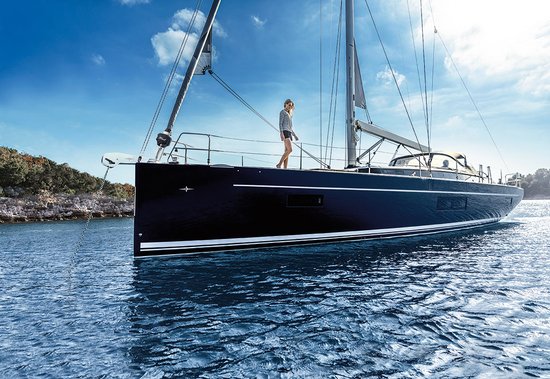
The pleasure of having a boat and enjoying it is what matters most. Photo: Bavaria.com
To calculate the costs of owning a boat, you should take into account the following:
Insurance
In the UK, it is not required to get an insurance plan for your boat, however it is highly recommended. The UK government states that all motorboat and houseboat owners should have a third party insurance with coverage of £1 million, however this depends on the policy of the harbour, marina or waterway authorities where you wish to use your boat. For more information check the government website.
To determine how much insuring your boat will cost you talk to an insurance broker who specialises in the boating industry. It’s very likely that they will first ask you if you want basic or high coverage insurance. Some things to consider when looking for an insurance policy are whether it covers:
For a basic plan
- Death or lesions of third persons.
- Injuries to third persons.
- Financial losses due to the scenarios mentioned above.
- Damage to boats due to collision or without contact (if being towed).
- Judicial and extrajudicial costs related to the defence of the insured person.
For a more comprehensive plan
- Basic plan coverage
- Damage caused by owners
- Damage to occupants
- Navigation assistance
- Travel assistance
- Third party damage claims and legal defence
What factors affect an insurance plan? The most relevant factors are a boat’s length and power, the bigger and the more powerful the boat the more accidents are likely to occur. The cost of the insurance plan will reflect the degree of coverage you have chosen, the more coverage, the more expensive it will be.
Mooring Costs
To determine the annual cost of mooring your boat, you need to decide where to keep it. This will depend on where you live and how much use you want to get out of the boat. Choosing a mooring that is further away (and cheaper) can affect how much you use your boat and after travelling costs have been taken into account you won’t have saved much. If you will be using your boat with children or adults with reduced mobility you should also consider their needs as some marinas are better adapted to these needs than others.
Consult the prices at your nearest ports and check the possibility of buying (or renting) from an individual. Make sure the prices include VAT as well as water and electricity. Visit the ports and the free moorings to get an idea if they are what you are looking for. You can also check prices online on websites such as Boats And Outboards.
If you are looking to buy a relatively small boat and want to save the mooring costs, you could also opt for a towable boat that you can keep in a garage and transport to where you want to sail.
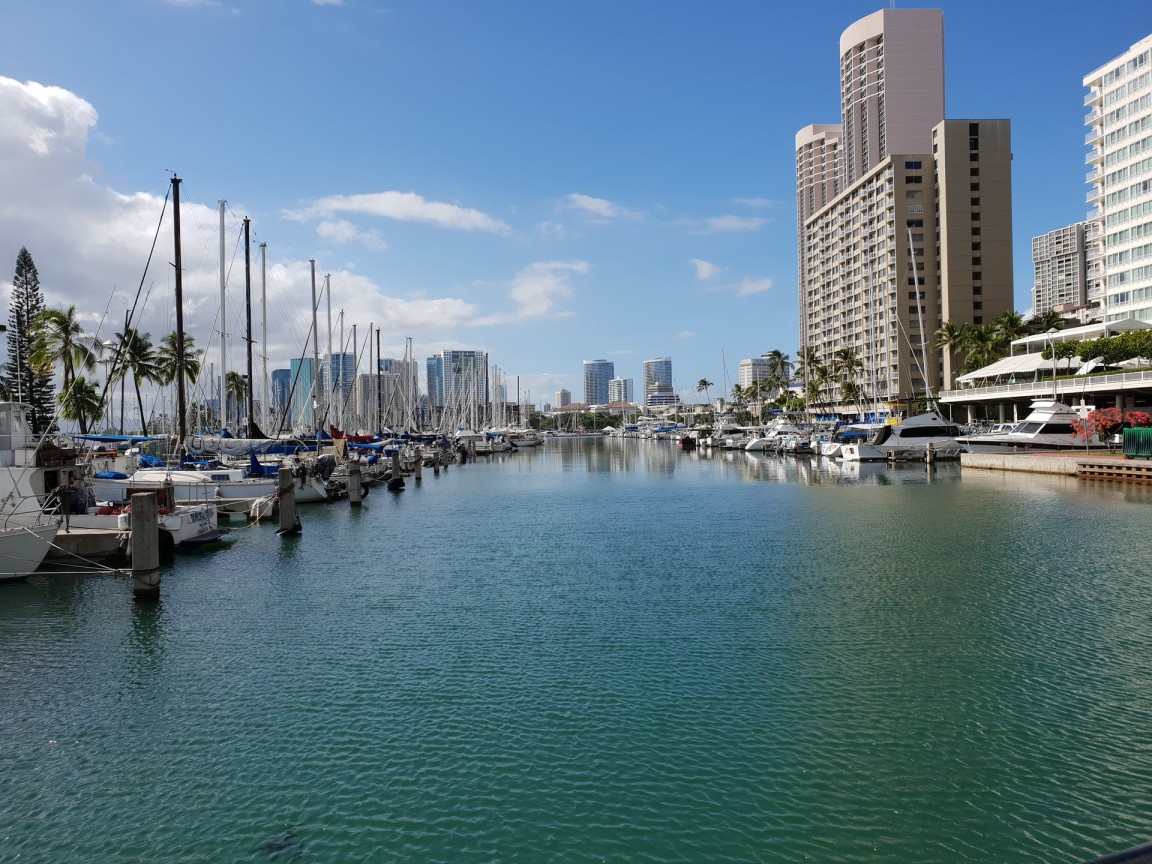
To determine the annual cost of mooring your boat, you need to decide where to keep it.
Maintaining the Boat, Equipment and Engine
Maintaining your boat will be the largest portion of your annual expenses. Maintenance costs will be more or less expensive depending on the boat’s condition, in particular whether it’s new or secondhand, and it’s length.
We have compiled a list of maintenance chores to give you an idea of how much you should factor into your budget:
- Periodic engine overhaul, tune-up and oil and filter change (annual)
- Replacement of sacrificial anodes (annual)
- Life raft check, life jackets and other safety equipment (every 2 years)
- Electronic equipment check (every 10 years, or 5 if you participate in regatas)
- Hull cleaning, antifouling (annual, depending on where you sail)
- Subscription to sailing apps
- Maintaining the interior of the boat
- Changing batteries (every 3-5 years)
- Bilge pump and toilet check (every 2 years)
- Dehumidifier or air conditioning check
- Replacement of bimini, fenders, upholstery (every 7-9 years)
- Purchase of cleaning products, polish, epoxy resin, wax, varnish.
- Replacement of sails (every 10 years or 5 if you are going to race)
- Replacement of rigging (every 10 years or 5 if you are going to race)
- Replacement of mooring lines and sheets (5 - 10 years).
- For multi-year expenses you can include a part in your annual budget.
Another important question that you should ask yourself is: how much time will you dedicate to maintenance tasks? Being good at DIY and being able to do the most common boat repairs isn’t enough. It’s important to know if you are capable of doing it and if you will have the time to do it.
Last but not least, breakdowns often depend on how much attention you pay to your boat and how much and how you sail, so keep this in mind and learn to know and care for your boat to minimise more expensive repairs.
For more information on:
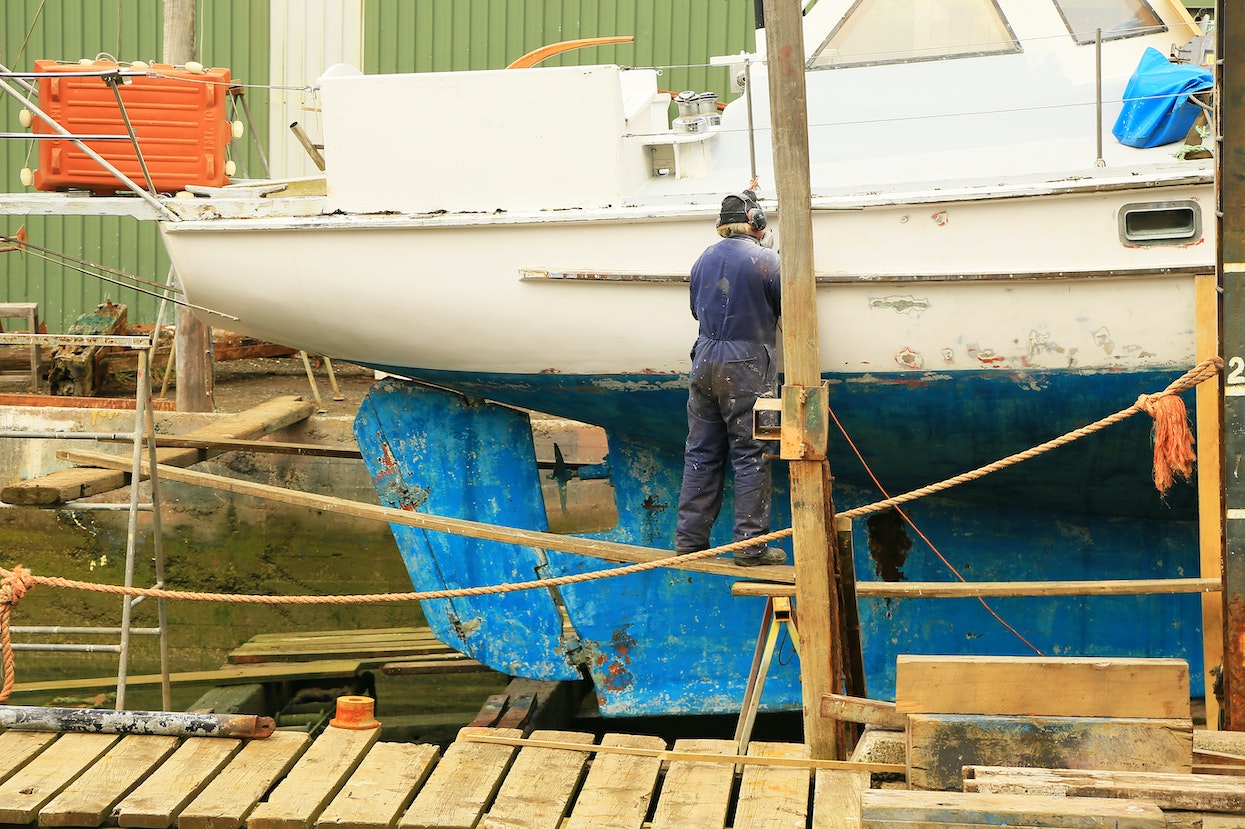
Being good at DIY and being able to do the most common boat repairs isn’t enough Photo: Nareeta Martin on Unsplash
Fuel and Other Expenses
If you choose a motorboat, fuel will be one of the most significant expenses in your budget. Consult other boat owners you know, the dealer or the seller of the boat, if it’s an individual, to get an idea of the boat’s fuel consumption and the engine you are looking at. A good way of guessing the cost of fuel is to estimate the engine’s hourly consumption rate (litres per hour) at a cruising speed, the amount of hours per outing and how many outings you plan on taking.
If you are going to cook quite frequently on board and use your boat all year round, even in the colder months, you should think about the cost of gas for the kitchen and heating. This also applies if you are buying a sailing boat.
Travel Costs
Now you need to factor in the cost of getting to your boat as well as the cost of mooring in other ports. Estimate the distance you will travel each time you go sailing and the according fuel expenses, toll charges and parking. If you regularly sail on the weekends and tend to berth in other marinas overnight, you should add this expense to your budget.
Wintering and Dry Dock
If you aren’t going to use your boat during the winter months, you should also include the costs of taking the boat out of the water and its stay in the dry dock in your budget. These types of costs are easier to calculate since you can ask companies that operate in ports what their price is. Companies tend to offer different packets that include basic services such as hoisting and launching the boat, but also dry-docking, hull cleaning, antifoul paint etc. Once again, the price of the packets will depend on the size of the boat.
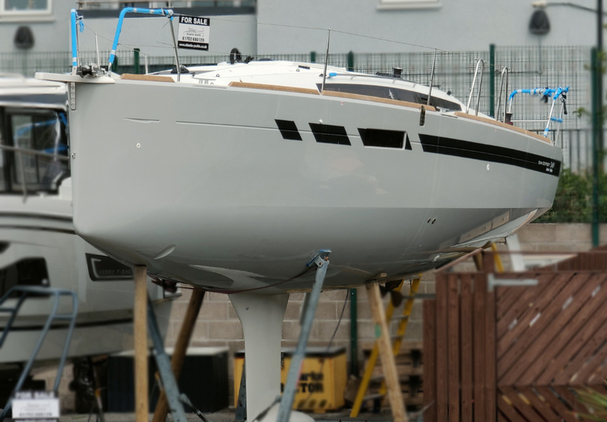
You should also include the costs of taking the boat out of the water and its stay in the dry dock in your budget.
Surveys
Another important cost is surveys. There are many types of surveys and those which apply to your boat depend on where you will be sailing (in the UK or EU), amongst other things. Since Brexit, any second-hand boat traded in the UK is required to meet Recreational Craft Regulations (RCR) standards, whereas vessels in the EU must be compliant with the Recreational Craft Directive (RCD). Boats in the UK are also now required to obtain an UK Conformity Assessed (UKCA) mark which is obtained through a Post Construction Assessment and third-party verification, the cost of which largely depends on the type and size of the boat. If you buy a second hand boat, make sure it has all the necessary documents so that you will not be burdened with the cost.
Other surveys that you will have to factor into your budget include: pre-purchase or standard condition survey, valuation, supervision of construction or repairs, etc. For more information on the types of surveys available check the YDSA (yacht designers and surveyors) website or search for a surveyor near you to get a quote.
Extras and Contingencies
It’s good to also include small costs of repairs and other needs that may arise such as buying some equipment like a dehumidifier or an accessory, an extra awning, a cover, cushions, etc. As we mentioned before, when it comes to repairs, you should also consider whether this will invlove hiring a handyman or if you yourself will be capable of handling it. Whilst hiring someone is clearly the more costly option, if you don't have the time or knowledge it's much safer to hire an expert.
Paying a Fixed Monthly Fee
If you want almost total control of what you will spend each month or year on your boat and limit any surprises then you can opt for a rental contract. In this case you will be renting the boat that you wish for a specified amount of time (the boat will remain the property of the rental company). The contract can include either some or all of the costs we have previously mentioned. This way you will pay a monthly rental fee for the boat. The other option is leasing where you also pay a monthly fee, but have the option to buy the boat at the end of the contract.
Main photo: jeanneau.fr
